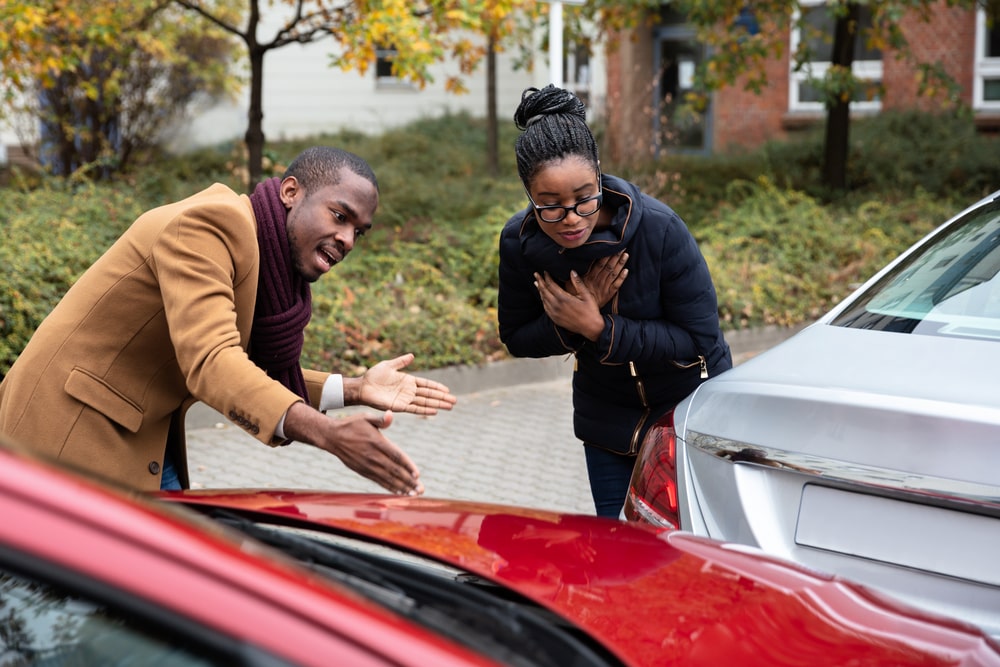Technology has undeniably transformed the way we live, work, and interact with the world around us. In recent years, advancements in technology have also had a significant impact on the legal landscape, particularly in the realm of car accident liability. Our friends at the Law Office of Daniel E. Stuart, P.A. understand the complexities that arise when technology intersects with car accidents, and they are here to explore how these advancements have influenced liability in such cases.
Evolving Safety Features
One of the most notable ways technology has impacted car accident liability is through the development of advanced safety features in vehicles. From collision avoidance systems to automatic emergency braking, these technologies aim to reduce the risk of accidents and mitigate their severity. However, questions may arise regarding liability when these safety features fail or malfunction. Many cars now have internal systems that can log when these systems malfunction so that the proper parties can be held accountable. If you ever notice your car experiencing issues with a system, do your best to safely get a video or photo to use as evidence. Even if you have not been in an accident and you notice something messing up in your car, document it as soon as possible in case you get into an accident or it gets worse.
Data Collection And Analysis
The proliferation of data collection devices, such as black boxes and telematics systems, has provided valuable insights into the circumstances surrounding car accidents. This data can play a crucial role in determining liability by providing objective evidence of factors such as vehicle speed, braking patterns, and driver behavior. However, issues may arise regarding the admissibility and interpretation of this data in legal proceedings.
Driver Distractions
While technology has brought many benefits to the driving experience, it has also introduced new sources of distraction for drivers. Activities such as texting, browsing social media, and using GPS navigation systems can divert a driver’s attention from the road, increasing the risk of accidents. Determining liability in cases involving distracted driving requires careful examination of the driver’s actions and their relationship to the accident. This can also involve passengers as they can be responsible for distractions.
Autonomous Vehicles
The rise of autonomous or self-driving vehicles represents a significant technological advancement with the potential to reshape the automotive industry. While these vehicles promise to improve safety and reduce accidents, they also raise complex legal questions regarding liability. In accidents involving autonomous vehicles, determining fault may involve considerations of software malfunctions, design flaws, and human oversight as a car accident lawyer knows all too well.
Legal Precedents And Regulations
As technology continues to evolve, so too must the legal framework governing car accident liability. Courts and lawmakers are grappling with how to adapt existing laws and regulations to address emerging technologies such as self-driving cars and artificial intelligence. Attorneys are closely monitoring developments in this area to ensure our clients receive the most up-to-date legal representation.
Technology has undoubtedly revolutionized the automotive industry, with profound implications for car accident liability. If you’ve been involved in a car accident and need assistance navigating the complexities of liability, don’t hesitate to contact a lawyer located near you today for help.

